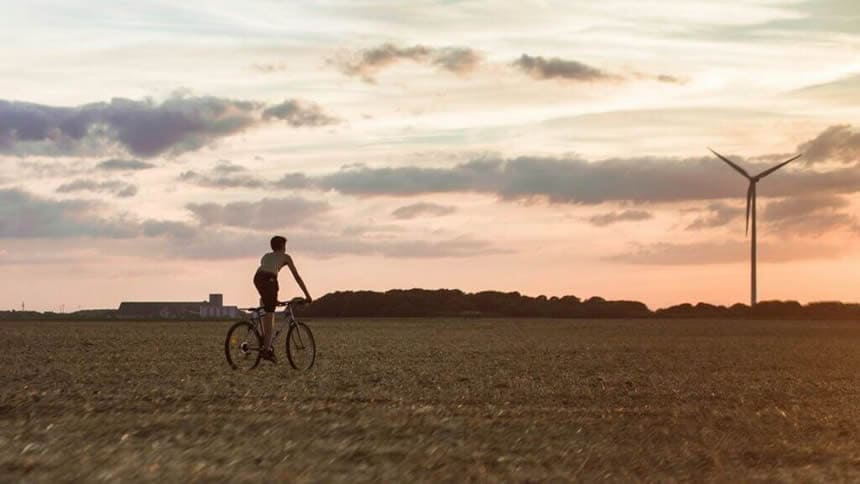Building a sustainable future through action
Sustainability is one of the most important topics nowadays. And not only because the World Environment Day has just taken place, but also because its theme, #OnlyOneEarth, portrays a reality from which we cannot escape. We need to build a sustainable future, and we have the keys to do it.

The Sustainable Development Goals
In recent years, international organizations have sounded alarms that if rapid and global progress isn’t made on a myriad of sustainability fronts, generations to come—and even already born—could face a future steeped in inequity and climate crises.
In 2015, for example, the United Nations (UN) adopted the 2030 Agenda for Sustainable Development, which includes 17 Sustainable Development Goals (SDGs) and 169 associated targets for countries to work toward by 2030. These goals are a call for action by all countries – poor, rich and middle-income – to promote prosperity while protecting the planet.
But how to translate theory into practice? For example, to achieve our sustainability goals, we need to invest in disruptive practices and green technologies to optimize water consumption, improve air quality, ensure energy security, biodiversity and reduce carbon footprint.
Zero waste
The focus of business is shifting from making profits to adding value. The industries now have well-thought strategies in place for sourcing, allocation and utilization of raw materials, fuel, and water for sustainable practices. A 'zero harm, zero waste, zero discharge' approach can be the step toward transforming industry practices for good through material recovery and reuse.
Zero waste in a business provides multiple benefits. In fact, this can save your company from the high cost of waste disposal and management. Aside from that, you can even brand or promote your business as an eco-friendly type of business because it doesn’t provide extra damage to the environment. Moreover, if you have a company with zero waste management, then you can even build trust with your customers, local communities, and trading partners
Circular economy
A deep focus on a circular economy can lead to 100% utilization of wastewater and solid waste. A circular economy carries the potential of integrating regenerative design thinking and efficient use of resources. This also increases the potential for economic growth and opens new opportunities.
The aim of the circular economy is therefore to make the most of the material resources available to us by applying three basic principles: reduce, reuse and recycle. In this way, the life cycle of products is extended, waste is used and a more efficient and sustainable production model is established over time.
Our planet, our choices
The window for transformative change is narrowing, but it is still open. The choices we make now will define the planet's health, not just for the next generation but for many generations to come.
That is why it is our responsibility to use all the resources we have at our disposal to prevent damage to the planet. And from TROOP, we offer visibility on the carbon footprint of travel while you are planning your next meeting.
Do you want to know more? Visit us! https://trooptravel.com
